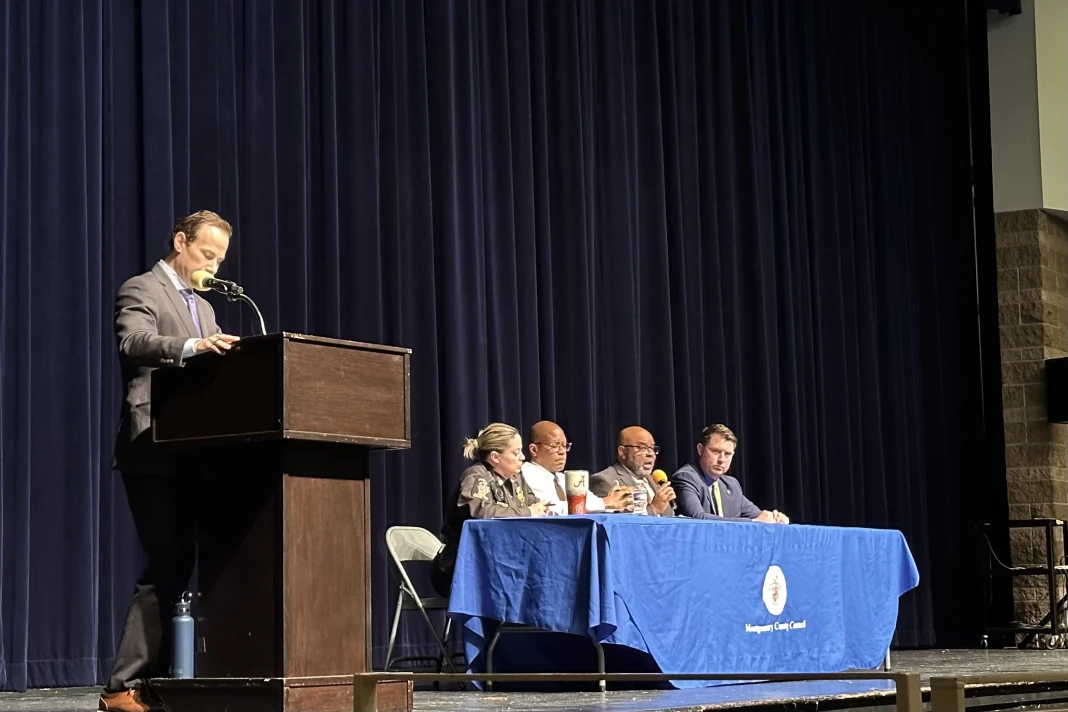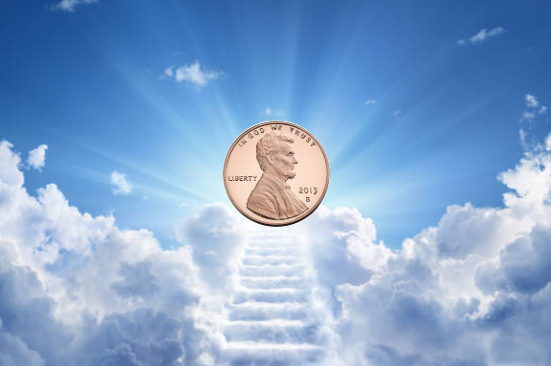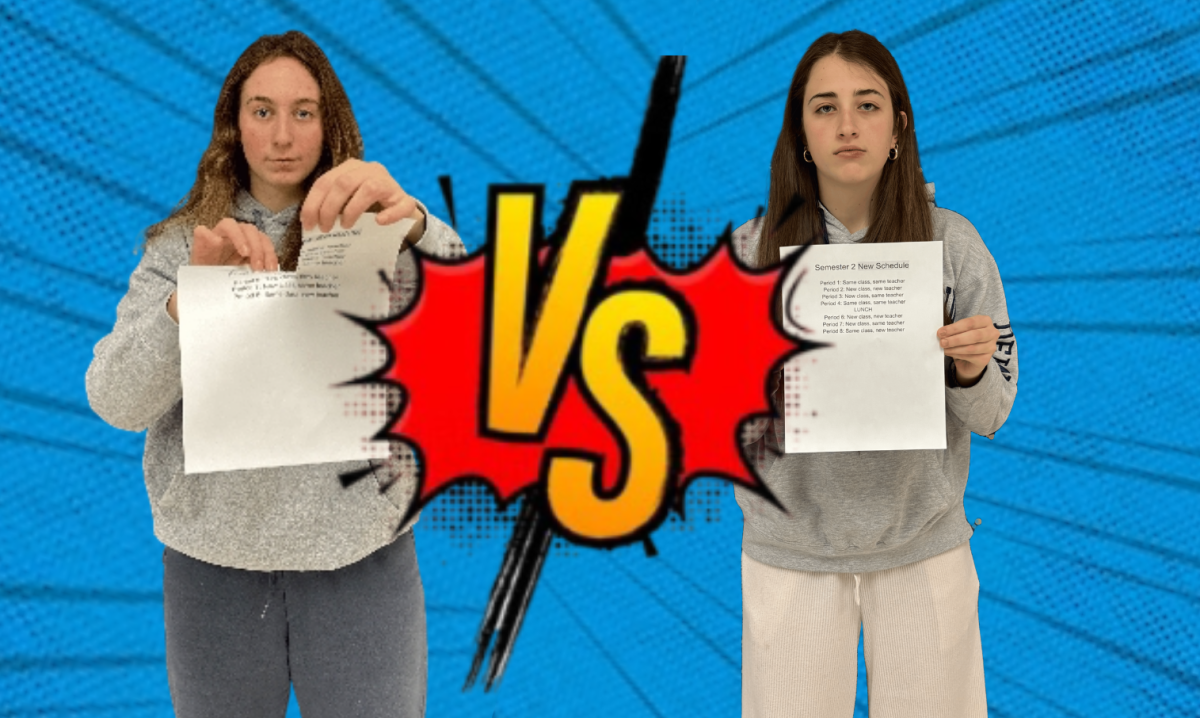A long time ago, in a galaxy far, far away… Disney bought Lucasfilm and ruined the Star Wars franchise forever.
According to an Oct. 30 Associated Press article, Disney will buy Lucasfilm and the rights to George Lucas’s Star Wars and Indiana Jones franchises for $4.05 billion. Disney has announced it will be making a seventh Star Wars movie, currently known only as “Episode 7,” to be released in 2015. It plans to make at least two additional movies in the series.
I’m sure Mr. Lucas wants to retire comfortably, and that he has been under fire for the woeful attempts at continuing the success of the original Star Wars trilogy (although, I must admit, Revenge of the Sith was an applause-worthy finale to the comparatively weak prequel trilogy), and I know he wants to see the Star Wars series live on, which is why he is selling his company. But does he really want to see his life’s work turned into a joke?
Disney is bound to make the next Star Wars movies commercially successful. That is indisputable. After all, they are the masterminds behind the critically acclaimed and overall well-received Pixar movies like Cars and The Incredibles, as well as this summer’s superhero blockbuster: Marvel’s The Avengers. But will Disney stay true to the original trilogy? Will they retain the science-fiction aspect that appealed to the original die-hard fans?
The answer is undoubtedly no.
According to an Oct. 30 E! Online article, “Episode 7” will be a completely original story. It will not include any plot points from author Timothy Zahn’s successful Thrawn book series, which follow Luke, Leia and Han Solo’s lives after the final battle with the Empire. Using at least some of Zahn’s story would have made more sense, because it would satisfy the most loyal Star Wars fans. While coming up with an entirely new storyline gives Disney plenty of room to exercise its creativity, it also allows writers to deviate farther from the series’ original plot than Hoth is from Coruscant.
According to the AP article, Lucas will remain part of the Star Wars series as a creative consultant. However, it would not be surprising if Disney ends up deciding the fate of the future movies based on commercial appeal, not artistic integrity.
The Star Wars movies are not just about good versus evil or Jedi versus Sith; they raise questions about religion and philosophy, reason and judgment and human character. These overarching themes make the true Star Wars fans appreciate the movies as more than just exciting sci-fi films or box-office successes. The Force, for example, symbolizes a universally-binding power, leading fans to think about similarly binding forces in real life like religion, philosophy or a higher being.
Although Disney hasmany critically lauded movies, their main appeal is their charming simplicity—the Star Wars franchise, which relies on its larger themes to convey the story’s depth, will not be the same when its ownership changes hands.
Disney also has a tendency to stretch out franchises to the point where audiences realize how commercially driven they really are.
Peter Pan
(1953) was a well-received animated film, receiving an average rating of 7.3/10 on the Internet Movie Database (IMDb). Disney then followed that success with a sequel, Return to Never Land, which scored a disappointing 5.6/10 on IMDb. In order to appeal to the younger demographic, Disney then created a spin-off series centered on Tinkerbell, releasing multiple books, online games and several direct-to-DVD Disney Fairies movies. It’s not surprising that Star Wars fans are worried that Disney might do something similar to their beloved series.
I grew up with Star Wars. I grew up with lightsaber duels and small green monsters that spoke in inverted sentences. I also grew up with Disney princesses who sang catchy tunes and had small mammals for friends. I love both parts of my childhood, but I would prefer the two be kept separate. It’s like spaghetti and ice cream—I like both, but nobody would think to combine them.
Just because selling Lucasfilm to Disney makes the most financial sense does not mean it is the best decision for the Star Wars series in terms of artistic integrity. Diehard fans argue that Lucas has already ruined the series with his prequel trilogy; why continue the downward spiral?
J.J. Abrams, Steven Spielberg, and Peter Jackson, among other renowned directors, have all turned down the opportunity to direct Episode 7. If that’s not foreshadowing of what is yet to come, I don’t know what is.













